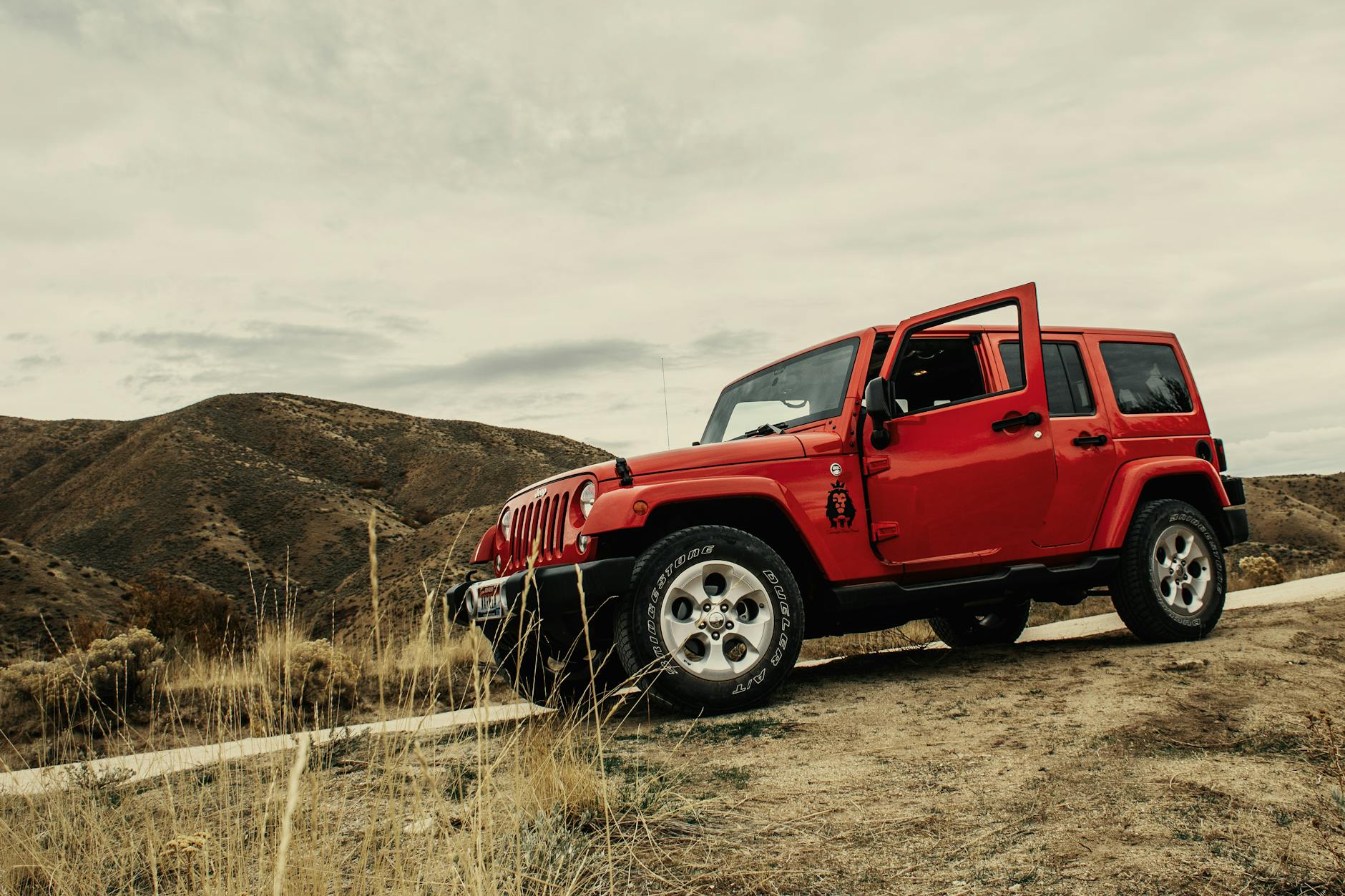
Most people often do not know the exact differences between a truck and an SUV. These two types of vehicles are different, and each gets made for its specific purpose. They have various weaknesses and strengths. Trucks are majorly designed as workloads, while SUVs are mostly family vehicles, convenient for road trips and leisure especially when you have tents for SUVs.
This article is to make you understand the difference between a truck and an SUV.
- Safety
We began our article by saying a truck is a workload while an SUV is a comfortable family car. What does that tell you? It clearly shows an SUV has more safety features as compared to a truck. However, when it comes to crashes, both are better off as compared to the smaller vehicles. Trucks do not come with a full-sized back seat, one of the safest features for a passenger in case of an accident. Trucks also do not have other safety features such as side airbags, traction control, and the anti-braking system, which is more evident in the SUV. Safety gets more enhanced in an SUV as compared to a truck.
2. Handling
You can’t compare the handling of a truck and that of an SUV. The reason is that a truck carries large loads, thus requires much handling. When a truck has no load, its weight is always at the front, where the driver and the engine become the main load. If it’s a two-wheel drive, its handling can be delicate because of the traction. On the other side, SUVs have a balanced weight from the front to the back, making them easy to handle. Most SUVs also come with an all-wheel drive, making them comfortable and efficient when handling. That’s another advantage of the SUV.
3. Cargo
This cargo comparison goes with little explanation since one is designed specifically for cargo while the other one is for passengers. In an open cargo truck, it’s easier to carry load due to its flexibility. You can upload more volumes and more weights easily as compared to an SUV. In SUVs, cargo space is smaller since there are seats for the passengers. Always remember not to exceed the required load capacity, depending on your need, you can see good examples here of SUVs that carry smaller cargo, but with enough areas for passengers. When it comes to closed load, SUVs cargo carriage is protected and secured from theft and pilferage. Most trucks are open and are ideal for carrying loose cargo such as stones, fruits, and other related commodities. A truck wins on this since its cargo handling is more extensive than that of an SUV. But that’s not disadvantageous as each does its specific designated job.
4. Fuel Economy
You will love to hear this: None of the vehicles is better when it comes to fuel consumption. There is no winner since it all depends on the terrain and use. No SUVs, however much maintenance, can achieve more than 34 mpg. (These are the hybrid models). Most SUVs go up to 23 mpg and get termed as fuel guzzlers. The larger, less efficient models consume over 10mpg, making them the highest fuel guzzlers. Trucks have recorded worse if loaded and if not well maintained. But it all depends on maintenance, driving techniques, and the state of the roads. The more you load an SUV on rough terrain, the more you will dig into your pockets to purchase more fuel.
5. Differences in Pros
We have highlighted most of the pros on the above features, but to make your work easier, let’s summarize them. An SUV has the below advantages: Has seats for passengers which vary from five to seven depending on installation, easy to maneuver as compared to a truck, and have better fuel mileage if used well. For a truck, its advantages include potent engines, towing capabilities, and storage beds.
6. Differences in Cons
Just like the advantages, below are some of their unrelated disadvantages: Having an SUV is more costly than a truck – the insurance costs are higher and it has few noted stability issues as some flip overs. For trucks, there are no safety features available and get challenging to maneuver when loaded.
We have come to the end of our comparison. You have learned about differences and everything you needed to know about the SUV and the trucks. From the explanation, you have noted that they don’t relate in any way. When making a purchase, decide early, using points in this article, if you need an SUV or a truck. The main difference is use. One is a family car, while the other is a loader.
